Reddit – land of the upvote and never-ending threads. On May 6th, iPullRank’s Founder and CEO Mike King hosted a famed Reddit Ask Me Anything where he opened the gates to his extensive SEO and digital marketing experience and expertise to answer your burning SEO questions.
If you missed it, it’s no big deal! Here are some of the top-voted questions and answers from the Reddit community recapped here, complete with resources, for your learning pleasure.
Q1: What is your favorite SEO crawling tool? Why do you like it better than the others?
A1: Botify. They were the first cloud crawler with JS-crawling capabilities. They are continually improving and bringing new data and functionality. Their UI allows you to cross-tabulate any of the data points that they have. I like that there are very few insights that I need to export all of the data they collect in order to get to them. I wish more SEO tools did that.
Q2: Featured snippets?
A2: I haven’t seen anything better on this subject that the data that Rob Bucci and the STAT team have produced over the years and the post that Richard Baxter wrote. However, we’ve been digging into BERT project to see what else we can learn about how these are triggered.
Q3: Internal links?
A3: I think these are underappreciated by our space. We’ve done a lot of A/B tests and seen similar studies that indicate improving the internal linking structure (moreso on large websites) increases the visibility of pages getting linked to more effectively. If you’re working on a large e-commerce or media site, I’d say you should take a hard look at the anchors being used, the links to redirects and 404s, and make changes there to see relatively quick wins. I think the work that Dennis G and his team did at eBay is the blueprint.
Q4: What are some tips you have to help get clients to implement your recommendations? I feel it’s one of the harder things I experience in SEO.
A4: I covered this in a video on the Anatomy of an Effective Deliverable. Basically be thorough, exact, tailor it to your audience, give context, and don’t just take screenshots of Google tools.
Q5: What are some of your favorite things to do that move the needle?
A5: The big quick wins I usually see are:
- Redirecting broken link targets
- Updating internal linking structure
- Improving meta descriptions to up CTR even if positions don’t change
- Moving from subdomains to subdirectories
Q6: Is there anything you used to believe was true in SEO that you don’t think is now?
A6: I used to believe authorship and Google+ were going to be a mechanism that Google used to apply a sliding scale of authority to content, links, and social activity.
Q7: What do you tell clients who are using client-side javascript? Is prerendering enough?
A7: Hey Ian! It depends on what is being rendered and when. For instance, if all the copy is being rendered server-side at load and then just styled post-load, then that is effectively progressive enhancement. If just a shell loads and all the content is loading on the client-side, then there’s a lot to talk about. Prerendering is fine as long as they keep an eye on what’s going on with the cache and Googlebot doesn’t get misidentified as a regular user. I think log files are perhaps more important than ever before when it comes to this type of stuff and prerendering is not a set-it-and-forget solution.
Q8: What trends do you see happening now in technical SEO and what do you see coming in the future? Any new technologies you’re excited about?
A8: Just the trend that it’s back on everyone’s mind again. As I said at TechSEO Boost, I feel as though technical SEO is just a function of the web technology that it touches. So the trends are really what’s going on with data science, dev frameworks, etc. I, personally, have a renewed interest in NLP and text analysis in general. I think there’s a lot for us to uncover in that space and we are actively working on that here at iPullRank.
Q9: So if a JS-based site uses a 3rd party prerendering service, how do you make sure that the site renders properly? I’ve used curl to check the prerendered URL source code and inspect URL in GSC
A9: Inspect URL is perhaps the best way to see what Google is seeing. A lot of CDNs and such may block your crawlers for a variety of bot-catching reasons.
If that’s not the case, I like to do two crawls in Screaming Frog and compare the hash to see if there are differences between the pages. Also, look at the headers and response codes to see if there’s anything weird happening on the rendered version. The most common thing I see that goes wrong is the re-generation of the cache takes a long time and Google experiences the page as a 5XX error.
Q10: Where do you see the future of AMP going and do you feel it will ever be adopted outside of publishing?
A10: I expect to see more canonical AMP sites. It seems as though the project is pushing it more as a framework rather than something you use in parallel with your existing site. Also, with the addition of amp-script a lot of what was keeping people from using AMP to begin with is longer the case.
I expect way more people will be open to using it now that it is far less limiting.
Q11: Do you have any experience migrating a large site off of Drupal and onto WordPress / have you seen any SEO issues from doing this? (Currently moving a large content marketing site from Drupal to WP and seeing drops in performance with new content posted on WP)
A11: This is a large question that requires a lot more info. However, I’ve done exactly this. Nothing about the two platforms makes them inherently better for a search engine. It’s about the makeup of the site itself. For instance, if you’ve changed the taxonomy (which you likely have since Drupal and WP have different taxonomy structures) that can have an impact on the internal linking structure. Also, if URLs changed dramatically and you’ve introduced a ton of redirects this can cause what you’re describing.
Give me some more details about the setups and I can help you troubleshoot.
Q12: How are you using AI or ML in SEO? Any tips for people who want to get started with that type of stuff?
A12: We’ve got a use case for keyword segmentation and one for automating responses to known objections for link building outreach. Other than that, I’m mostly playing with NLP these days which is a subset of AI. We’ve got a whole guide to ML for marketers on our site.
Q13: How do you talk to your clients about forecasting future organic traffic? Do you have a specific study or resource for estimating organic CTR or do you have a method to determine it based on search console data?
A13: It’s a pretty simple and standard equation that we use when we do forecast modeling. Search Volume x Expected CTR. As far as ROI projections it’s SV x eCTR x Average Conversion Value x Conversion Rate. We use the client’s own CTR numbers from Search Console and if that’s not available, we’ll use what’s relevant to the industry in the publicly available AWR CTR Study.
Oh and I also make sure to let them know that forecasts in our space are the equivalent of licking my finger and sticking it in the air.
Q14: Is the browser headless?
A14: Which browser?
Q15: What’s your favorite wtfseo.com post? 😉
A15: Any of them that have links to ipullrank.com
Check out more Q&A from Mike King’s Reddit AMA and subscribe to the iPullRank newsletter for industry tips, digital marketing advice, and how-tos.
- What is SEO Due Diligence, and Why is it Important for Investors? - February 24, 2020
- Rank UP Event Recap: The Future of Search - December 5, 2019
- 10 Data-Driven Steps to Amazing Lead Nurturing Emails - September 19, 2019


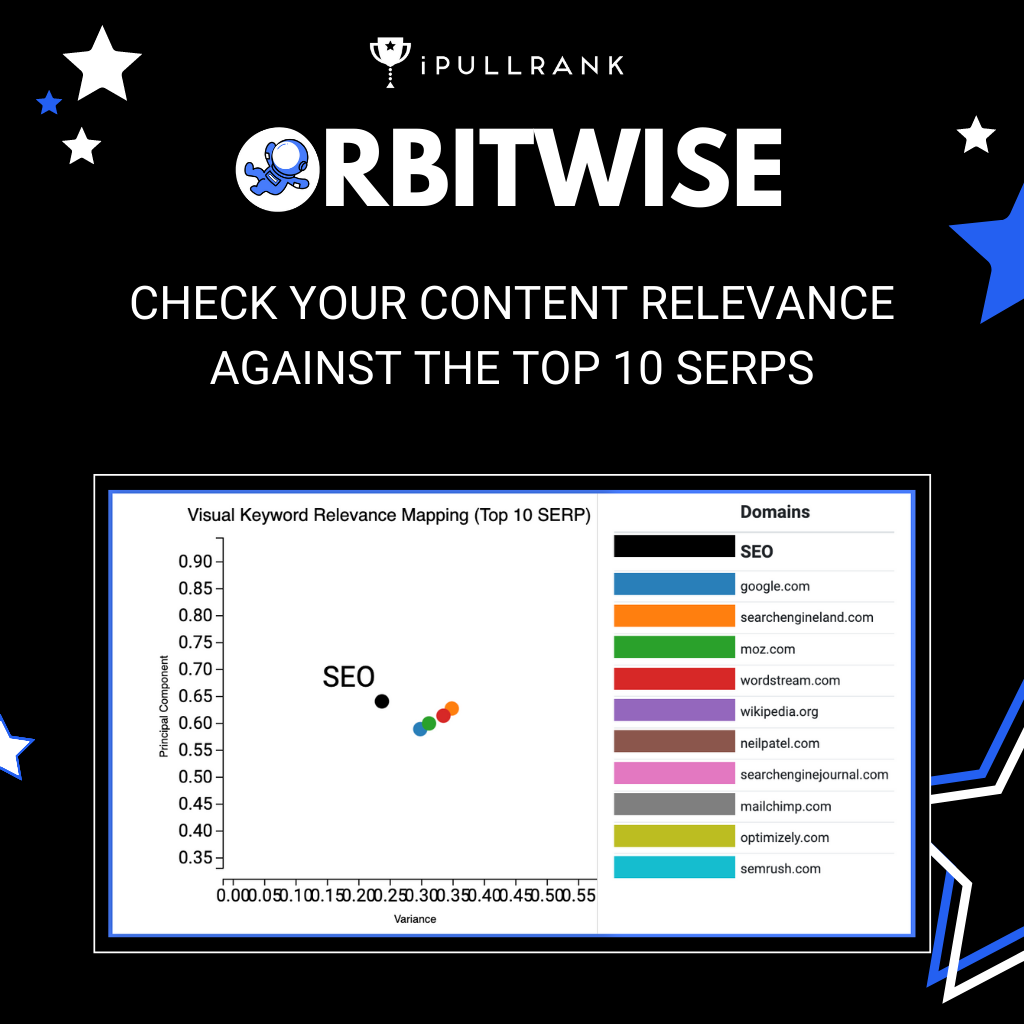
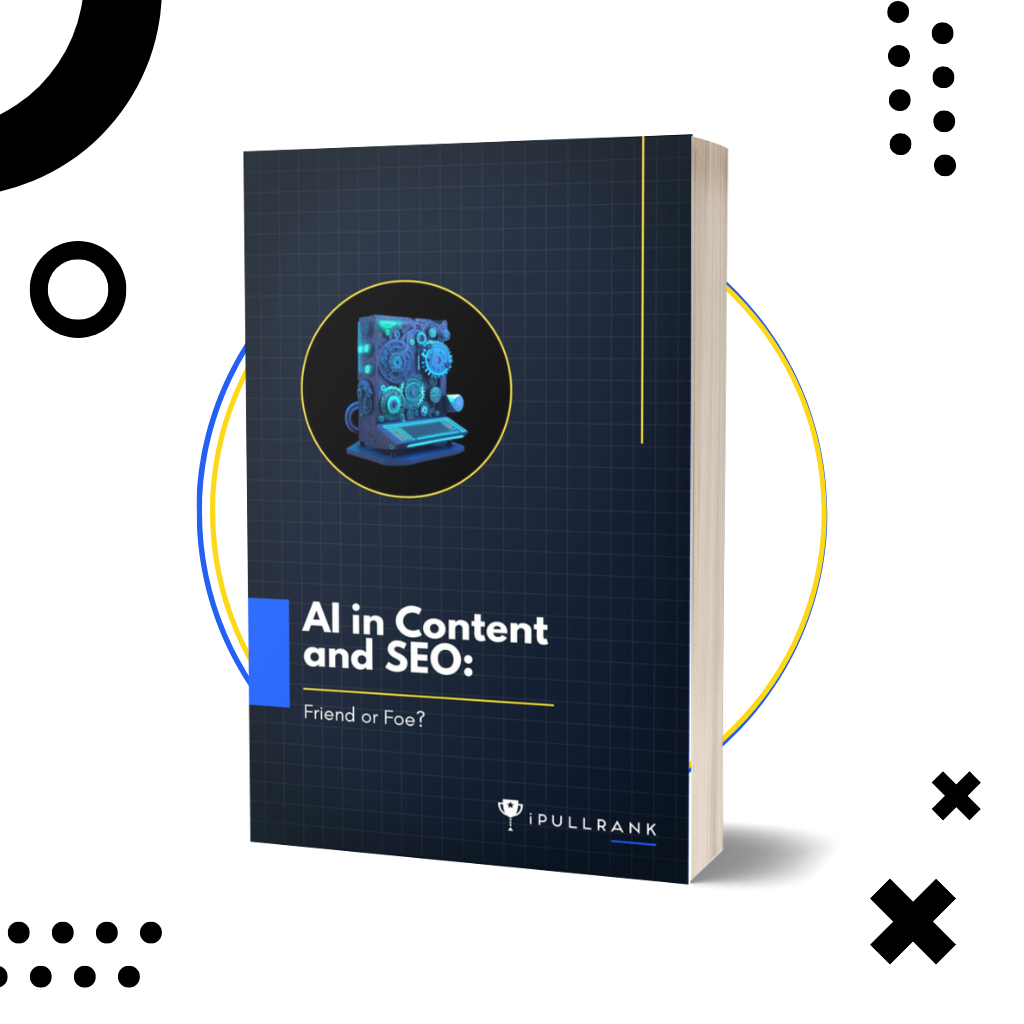

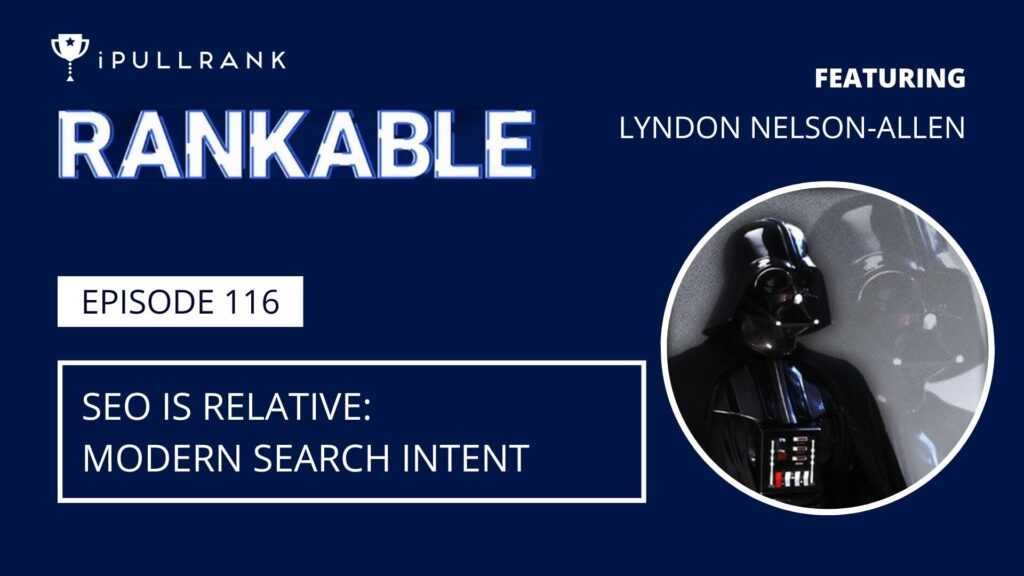
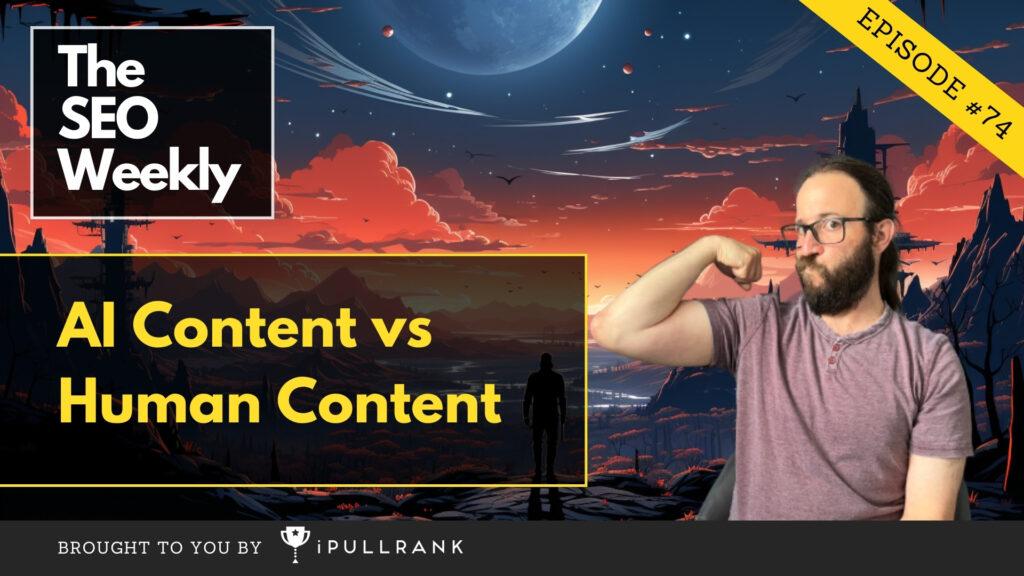
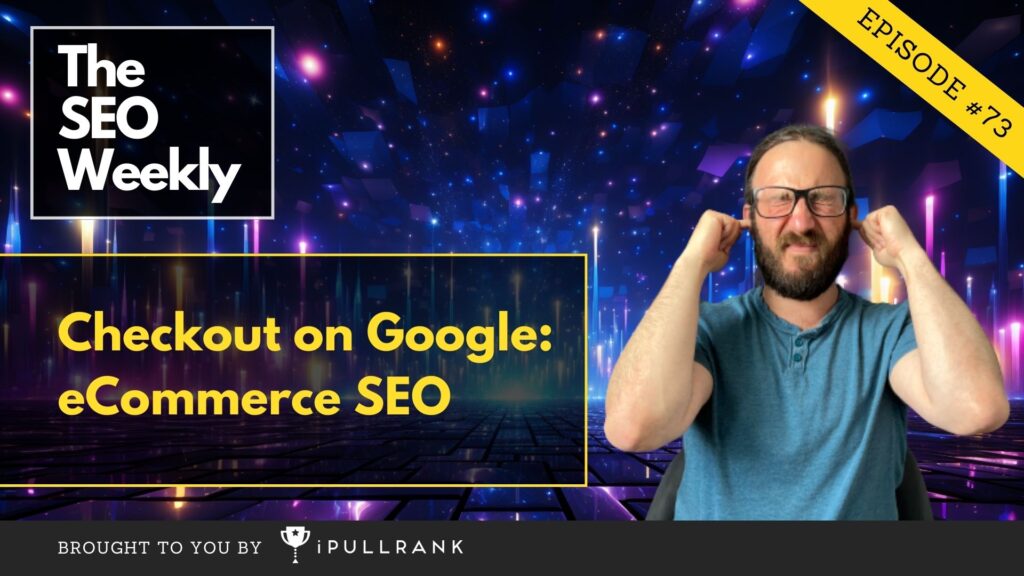


Leave a Comment